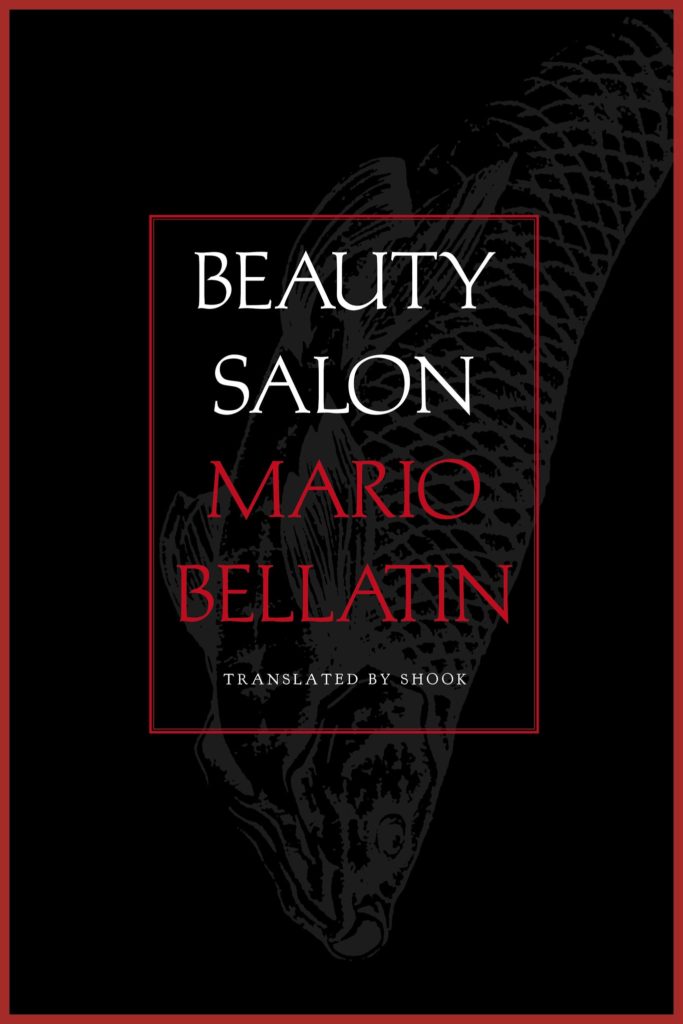
Some authors defy easy classification, and then there’s Mario Bellatin. His work includes forays into the metafictional, the transgressive, and the phantasmagorical; nonetheless, he can also evoke a deeply moving strand of humanism throughout his books. Attempting to summarize his bibliography is no easy task; he’s the sort of writer one could just as easily compare to Dennis Cooper as you could to Alejandro Jodorowsky.
His short novel Beauty Salon was first published during one pandemic and is now available in a new translation during another. (That’s without going into some of the stranger aspects surrounding its publication, which suggest that there’s probably a book about the size of Beauty Salon to be written about the controversies around Beauty Salon.) This new translation, by Shook, offers readers a clear and resonant account of Bellatin’s work; the combination makes for a tense, moving book.
From the first paragraph of the novel, we learn things quickly: the narrator here is the owner of a beauty salon, and he has a penchant for filling it with aquariums full of “fish of every imaginable cover.” It’s not hard to picture this scene of visual splendor “Now that the salon has become the Mortuary, a place for those with nowhere else to die, it weighs heavily on me to see my fish steadily disappear,” the narrator writes.
The juxtapositions that arise from those words — of beauty and death side by side, and of someone processing the presence of constant death through the fauna that surrounds it — establishes the contradictions and imagery that follow.
Bellatin tells this story in a host of short chapters, some lasting only a page. Here, too, the juxtapositions are deeply felt. One might focus on the narrator tending to people injured by roving street gangs; another could recount his experience of falling in love with one of his patients; a third might muse on the lives of axolotls. He also ruminates on the plague itself, and the lack of any cure for it — and, as the book progresses, he also muses about its effects on his own body.
The idea of a pandemic novel where the pandemic is in the background and the narrator’s daily routines work as well as anything to keep the horrors at bay, makes for a particularly haunting read. This is not an easy read, given its moral dimension, and given that fact that our narrator’s attitude towards the world around him can vary dramatically. At times, he seems brutally cynical; at others, he emerges as an unlikely saint. That seems like the point: living through extraordinary times can be transformative in countless ways. For the narrator of Beauty Salon, there is no unified way to survive; there is only survival itself, from day to day.
***
Beauty Salon
by Mario Bellatin; translated by Shook
Deep Vellum; 82 p.
Follow Vol. 1 Brooklyn on Twitter, Facebook, and sign up for our mailing list.
